 Essay Writing Web
Essay Writing Web
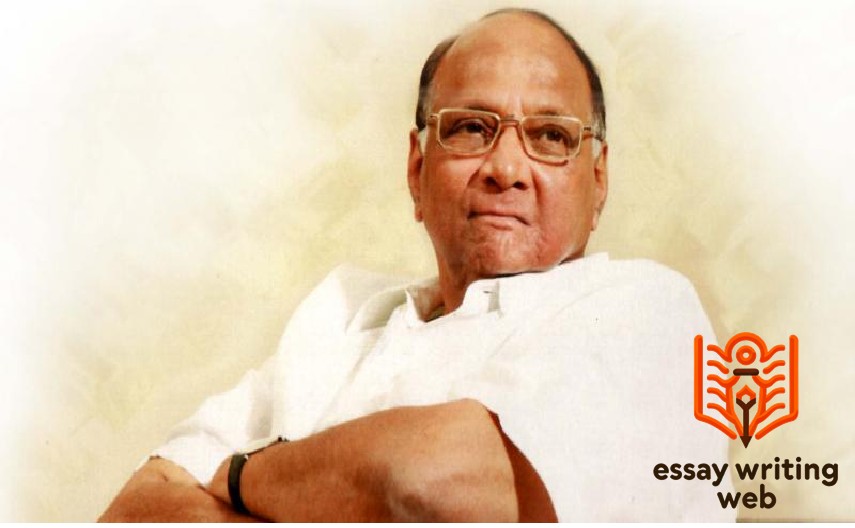
 12-09-2024
12-09-2024
 www.essaywritingweb.com
www.essaywritingweb.com
Sharad Pawar is one of India’s most influential and seasoned political leaders, with a career that spans over five decades. Born on December 12, 1940, in Baramati, Maharashtra, Pawar has played a pivotal role in shaping not only the political landscape of Maharashtra but also of India. He is known for his astute political acumen, his ability to adapt to changing political scenarios, and his leadership in both regional and national politics. His career is marked by his diverse roles, including being the Chief Minister of Maharashtra several times, a central minister, and the founder of the Nationalist Congress Party (NCP).
Pawar’s political journey began in the 1960s, when he joined the Congress party and quickly rose through its ranks. His leadership as Chief Minister of Maharashtra has been transformative, with a focus on improving agriculture, rural development, and infrastructure. His contributions to the agricultural sector, especially during his tenure as the Union Minister for Agriculture, have earned him widespread respect and recognition. Under his leadership, Maharashtra saw significant progress in agricultural reforms, irrigation projects, and cooperative movements.
At the national level, Sharad Pawar has been a key player in coalition politics, particularly in his role within the United Progressive Alliance (UPA) governments. His ability to navigate through complex political alliances and maintain a balance between regional and national interests has been a hallmark of his political career. His formation of the NCP in 1999 marked a new chapter in Indian politics, allowing him to assert his vision for India's future while maintaining his influence in Maharashtra.
Sharad Pawar’s enduring political career and influence make him a significant figure in Indian politics, and his legacy continues to shape the country’s political discourse.
Sharad Pawar was born on December 12, 1940, in the small village of Baramati, located in Pune district, Maharashtra. He hailed from a modest, agriculturally-inclined family. His father, Govindrao Pawar, was involved in local cooperative movements and worked at the Baramati Farmers’ Cooperative Society, laying the foundation for Pawar's later interest in agriculture and rural development. His mother, Shardabai Pawar, played a significant role in shaping his early values and instilling in him a sense of social responsibility.
Sharad Pawar was the youngest of five siblings. His family’s background in agriculture and cooperative societies influenced his understanding of rural issues and the challenges faced by farmers. Growing up in a politically active household, he developed a keen interest in public service from a young age. Baramati, his hometown, was a place of significance for Pawar throughout his career, as he later turned it into a political stronghold.
Pawar's early exposure to grassroots politics through his father’s work with farmers and cooperatives, along with the values of hard work and service ingrained in him by his family, laid the groundwork for his future success as a leader with a deep understanding of rural India and its needs.

Sharad Pawar's education and early interests played a crucial role in shaping his future political career. He completed his schooling in Baramati, Pune district, and later pursued higher education at Brihan Maharashtra College of Commerce (BMCC) in Pune. During his college years, Pawar demonstrated a keen interest in social issues and politics, participating in student activism and debates, which further honed his leadership skills. His academic background in commerce provided him with a solid foundation for understanding economic and financial matters, which later proved beneficial in his political career, especially during his tenure as a leader focused on agricultural reforms and development.
Beyond academics, Pawar was deeply influenced by the cooperative movement in Maharashtra, which sought to empower rural communities through collective efforts. His family’s involvement in cooperative societies exposed him to the struggles of farmers and rural workers, fueling his early passion for addressing their concerns. Additionally, Pawar developed a strong interest in sports, particularly cricket, which he would later support as the President of the Mumbai Cricket Association and the Board of Control for Cricket in India (BCCI).
Pawar’s educational background and early interests in grassroots issues, coupled with his leadership abilities, laid the groundwork for his enduring political journey and contributions to Maharashtra and Indian politics.

Sharad Pawar's entry into politics began in the 1960s when he was drawn to the Indian National Congress (INC), a party led by influential leaders like Jawaharlal Nehru. His political journey took off when he became involved in student politics, and his strong oratory skills and leadership abilities were quickly recognized by local Congress leaders in Maharashtra. Pawar’s early exposure to grassroots movements, especially in the cooperative sector, gave him a unique insight into the needs of rural communities, particularly farmers.
In 1967, at the age of 27, Pawar contested and won his first election to the Maharashtra Legislative Assembly from Baramati. His victory marked the beginning of his long and influential career. Known for his pragmatic and inclusive approach, he quickly made a name for himself as a young and dynamic leader with a deep understanding of rural issues. By the 1970s, Pawar’s political influence in Maharashtra grew, and he played a critical role in shaping state policies on agriculture, irrigation, and rural development.
In 1978, Sharad Pawar broke away from the Congress to form a coalition government in Maharashtra, becoming the youngest Chief Minister of the state. This move established him as a significant figure in both state and national politics.
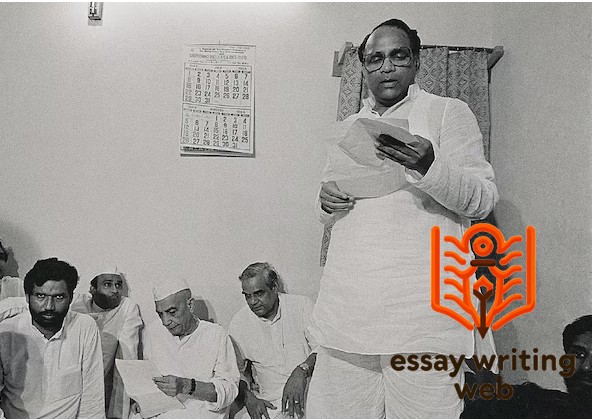
Sharad Pawar has played a pivotal role in shaping the political and developmental landscape of Maharashtra over the past five decades. His influence began in the 1960s when he first entered the Maharashtra Legislative Assembly, and his leadership was cemented when he became the youngest Chief Minister of Maharashtra in 1978 at the age of 38. Throughout his multiple tenures as Chief Minister, Pawar focused on addressing the needs of Maharashtra's rural and agricultural sectors, which were the backbone of the state's economy.
Pawar's policies were aimed at empowering farmers through improved irrigation projects, agricultural reforms, and the promotion of cooperative movements, especially in sugarcane farming. His vision for rural development was rooted in his deep understanding of the challenges faced by Maharashtra's agrarian communities, which he gained through his own family's involvement in agriculture and cooperative societies. Under his leadership, the state saw significant improvements in agricultural productivity, infrastructure development, and rural electrification.
In addition to his contributions to agriculture, Pawar was instrumental in advancing Maharashtra's industrial growth. He promoted policies that attracted investment in the state's industrial sectors, particularly in Mumbai and Pune, transforming these cities into major economic hubs.
Throughout his political career, Pawar balanced the interests of Maharashtra’s rural and urban populations, ensuring inclusive development. His ability to navigate through political challenges while prioritizing the state's progress has made him one of Maharashtra's most influential and enduring leaders, with a legacy deeply tied to the state’s growth and transformation.
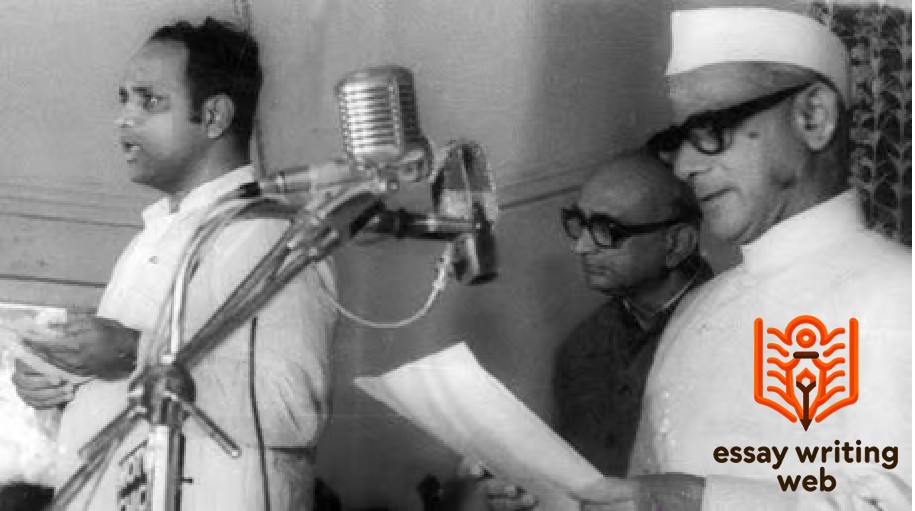
Sharad Pawar has been a key figure in shaping the agricultural landscape of Maharashtra. His deep understanding of rural issues, stemming from his upbringing in an agrarian family, enabled him to implement policies that directly benefited the farming community. As Chief Minister of Maharashtra and later as Union Minister of Agriculture, Pawar focused on modernizing agricultural practices, expanding irrigation projects, and enhancing the state's cooperative movement, particularly in sugarcane farming.
One of his most notable contributions was promoting the cooperative sector, which empowered small-scale farmers to participate in the production and marketing of their crops, especially in the sugar industry. Pawar's initiatives helped turn Maharashtra into one of India's leading sugar-producing states, improving the economic well-being of thousands of farmers.
Pawar also prioritized the expansion of irrigation networks to ensure water availability for agriculture in drought-prone regions of Maharashtra. His focus on rural infrastructure development, including better roads and electrification, significantly enhanced productivity and reduced poverty in rural areas.
Through these initiatives, Sharad Pawar not only improved the agricultural output of Maharashtra but also fostered long-term development that benefited both rural and urban populations, contributing to the state's overall economic growth and stability. His enduring influence continues to shape the agricultural policies of the state.
Sharad Pawar founded the Nationalist Congress Party (NCP) in 1999, marking a pivotal moment in Indian politics. The formation of the NCP stemmed from a significant ideological disagreement within the Indian National Congress (INC). Pawar, along with P.A. Sangma and Tariq Anwar, questioned Sonia Gandhi’s foreign origins as the party's leader, raising concerns about her ability to lead the country. This dissent led to their expulsion from the Congress, prompting Pawar to create a new political party with a distinct identity.
The NCP was formed with a focus on upholding the values of secularism, democracy, and inclusive governance, which Pawar believed were central to India’s progress. The party aimed to represent regional interests while maintaining a national outlook, advocating for the rights of marginalized communities, farmers, and the working class. It quickly gained a strong base in Maharashtra, where Pawar’s leadership was already well-established.
Over the years, the NCP played a crucial role in Maharashtra politics, forming alliances and participating in coalition governments, both at the state and national levels. Under Pawar’s leadership, the NCP emerged as a significant player in Indian politics, maintaining influence through its pragmatic approach to governance and its emphasis on regional development and social justice.
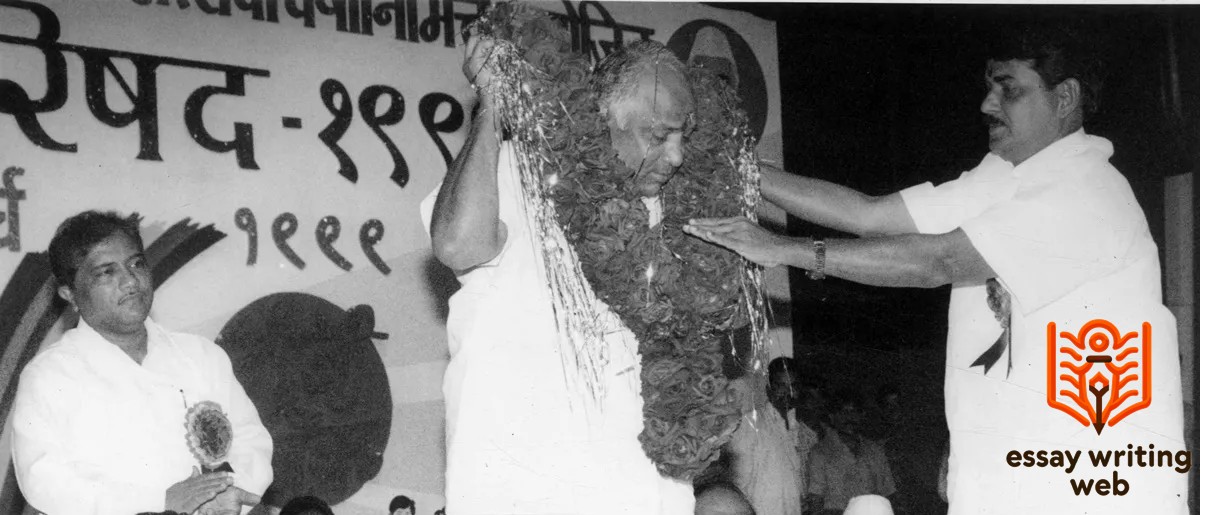
Sharad Pawar, a prominent figure in Indian politics, has played a significant role in the central government throughout his career. His contributions are marked by leadership, resilience, and adaptability, which have made him an influential voice in national governance. Pawar’s political journey at the center began in the 1980s when he first became a Member of Parliament. However, his more prominent roles came during his stints as a Union Minister in various central governments.
Pawar served as the Minister of Defence from 1991 to 1993 under Prime Minister P.V. Narasimha Rao. In this position, he played a crucial role in overseeing India’s defense policies during a period of political and economic transformation. Later, in 2004, he took up the role of Minister of Agriculture and Food Processing in the UPA government led by Manmohan Singh. This was a pivotal moment in his career, where he focused on improving agricultural productivity, boosting farmer welfare, and ensuring food security.
Throughout his tenure, Sharad Pawar's pragmatic approach to governance helped him navigate complex political landscapes while addressing the needs of various stakeholders. His influence on national agricultural policy remains one of his most notable legacies in the central government.
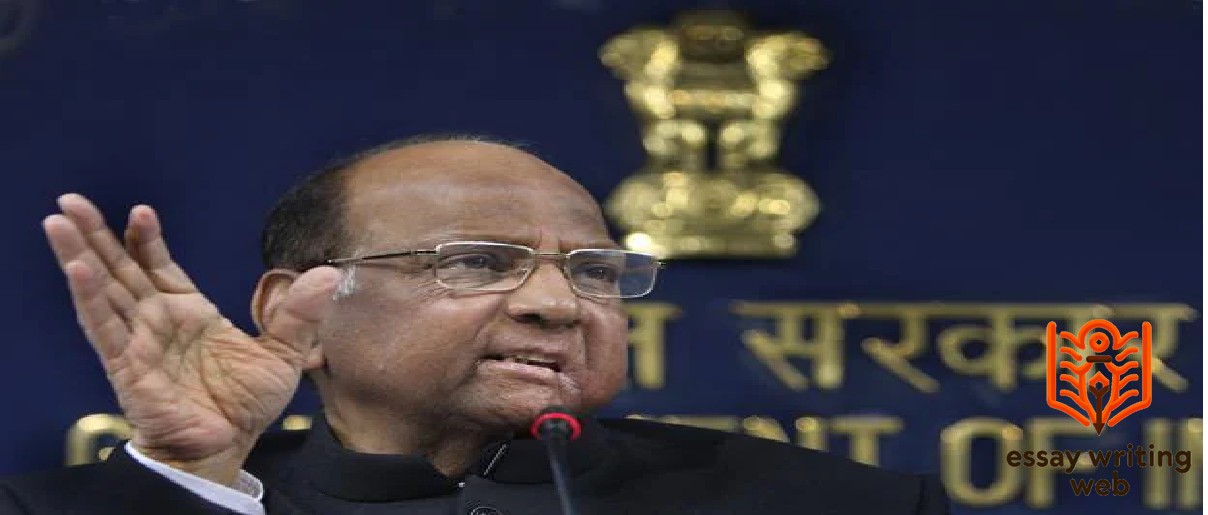
Sharad Pawar's tenure as India's Agriculture Minister, from 2004 to 2014, was marked by significant policy reforms aimed at strengthening the agricultural sector. Serving under Prime Minister Manmohan Singh's UPA government, Pawar played a pivotal role in addressing challenges like food security, farmer distress, and agricultural modernization.
One of his key achievements was implementing the National Food Security Mission, which aimed to increase the production of essential crops like rice, wheat, and pulses. This initiative helped enhance food grain output and ensured India's growing population had adequate food supplies. Pawar also focused on improving the conditions of Indian farmers, pushing for policies that would improve credit availability and agricultural infrastructure, such as irrigation and storage facilities.
Pawar’s efforts were instrumental in promoting agricultural exports and encouraging modern farming techniques. He was a strong advocate for the introduction of technology and scientific research in agriculture, which improved productivity and yield quality. However, his tenure was also marked by criticism, particularly during the rise in food inflation, which put him under public scrutiny.
Despite these challenges, Sharad Pawar’s role as Agriculture Minister significantly shaped India’s agricultural policies, leaving a lasting impact on the sector’s growth and development.
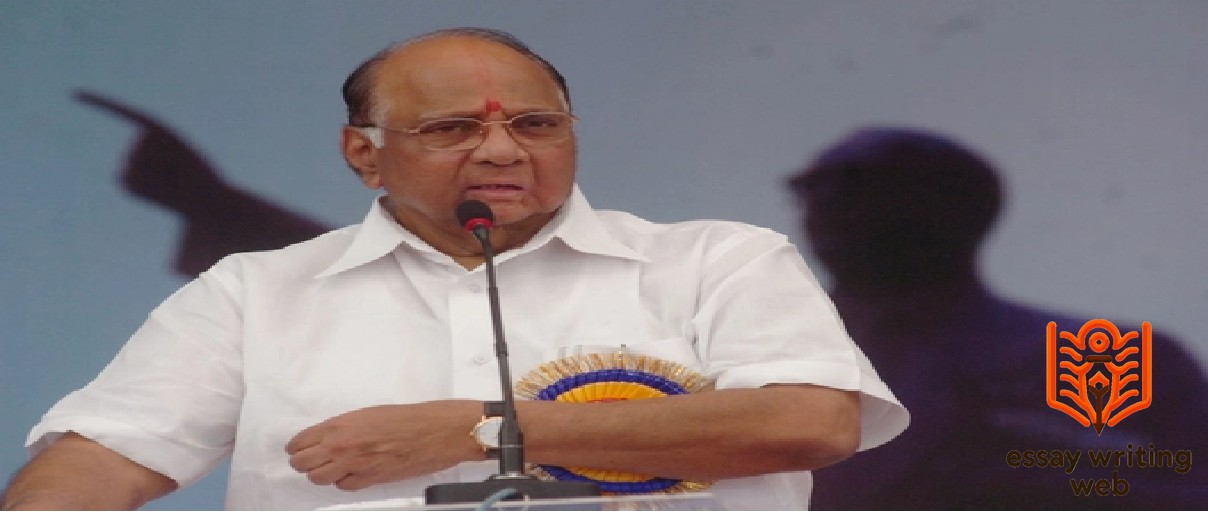
Sharad Pawar has made substantial contributions to India's agricultural sector, particularly during his tenure as Agriculture Minister from 2004 to 2014. His leadership saw the introduction of several key policies aimed at improving agricultural productivity and addressing challenges faced by farmers across the country.
One of Pawar's significant contributions was the launch of the National Horticulture Mission, which aimed to promote the diversification of crops, particularly fruits, vegetables, and flowers. This initiative helped farmers shift from traditional grain-based farming to more profitable and sustainable horticultural practices. Additionally, he championed the Rashtriya Krishi Vikas Yojana (RKVY), which provided states with funds to revitalize their agricultural sectors, allowing for localized solutions to regional farming issues.
Pawar was also instrumental in expanding agricultural credit through initiatives that eased the financial burden on farmers. Under his leadership, efforts were made to provide more accessible loans to farmers, ensuring they had the resources to invest in modern farming techniques and equipment. His policies encouraged the use of technology in agriculture, such as improved irrigation systems and better storage infrastructure.
Despite some criticism, particularly during periods of inflation, Sharad Pawar's contributions to India's agricultural sector have left a lasting legacy, improving both the livelihood of farmers and the nation’s food security.
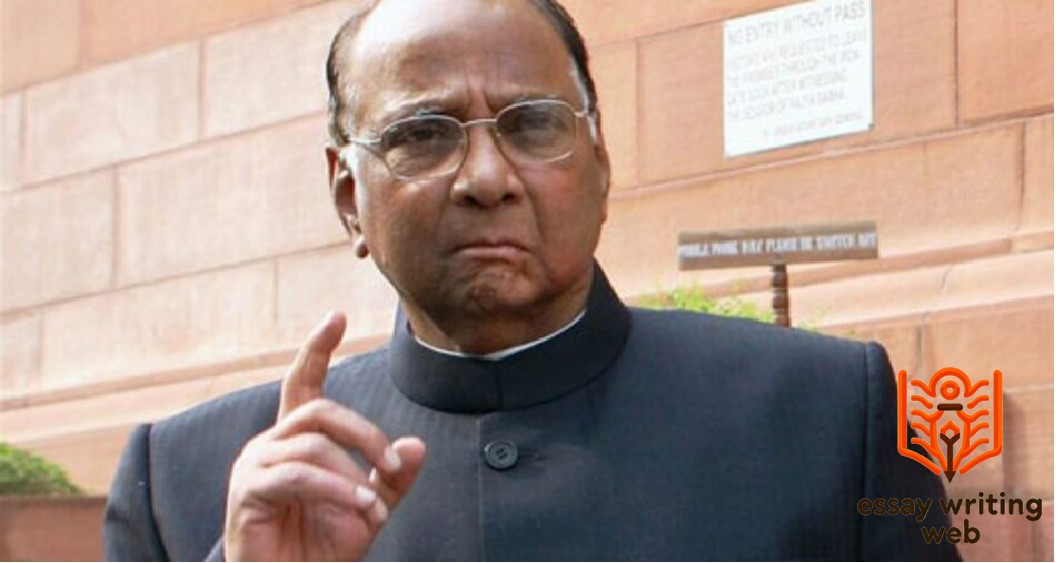
Sharad Pawar is one of India’s most seasoned and influential political leaders, known for his strategic leadership and enduring legacy in Indian politics. Over a career spanning more than five decades, he has held key positions at both the state and national levels, including Maharashtra Chief Minister, Defence Minister, and Agriculture Minister. His leadership is marked by adaptability, pragmatism, and a deep understanding of India’s political and social fabric.
Pawar’s leadership style is often characterized by his ability to build alliances and navigate complex political landscapes. As a founding member of the Nationalist Congress Party (NCP) in 1999, he demonstrated his capacity to create a strong regional presence while maintaining influence on the national stage. His stewardship of the NCP has played a vital role in shaping Maharashtra’s politics and influencing coalition governments at the center.
His legacy is especially significant in the agricultural sector, where his policies during his tenure as Agriculture Minister transformed India's food security framework and modernized farming practices. Beyond politics, Pawar’s contributions to cooperative movements and infrastructure development in Maharashtra have earned him widespread respect.
Sharad Pawar’s legacy is one of resilience, adaptability, and political acumen, making him a prominent figure in Indian politics for generations to come.
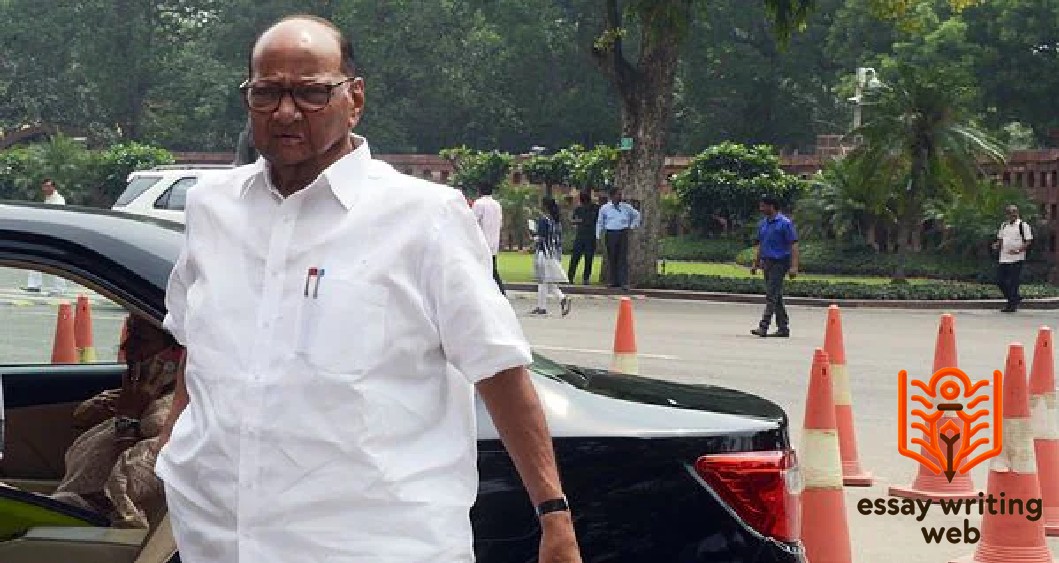
Sharad Pawar, a towering figure in Indian politics, has been widely recognized for his immense contributions to public life, particularly in Maharashtra and at the national level. Over his distinguished career, he has received numerous awards and honors, reflecting his leadership, dedication, and impact on Indian society.
One of the most prestigious recognitions Sharad Pawar has received is the Padma Vibhushan, awarded to him in 2017. This is the second-highest civilian award in India, and it was conferred upon him for his outstanding service in public affairs. The award highlights his significant contributions to Indian politics, agriculture, and the development of Maharashtra.
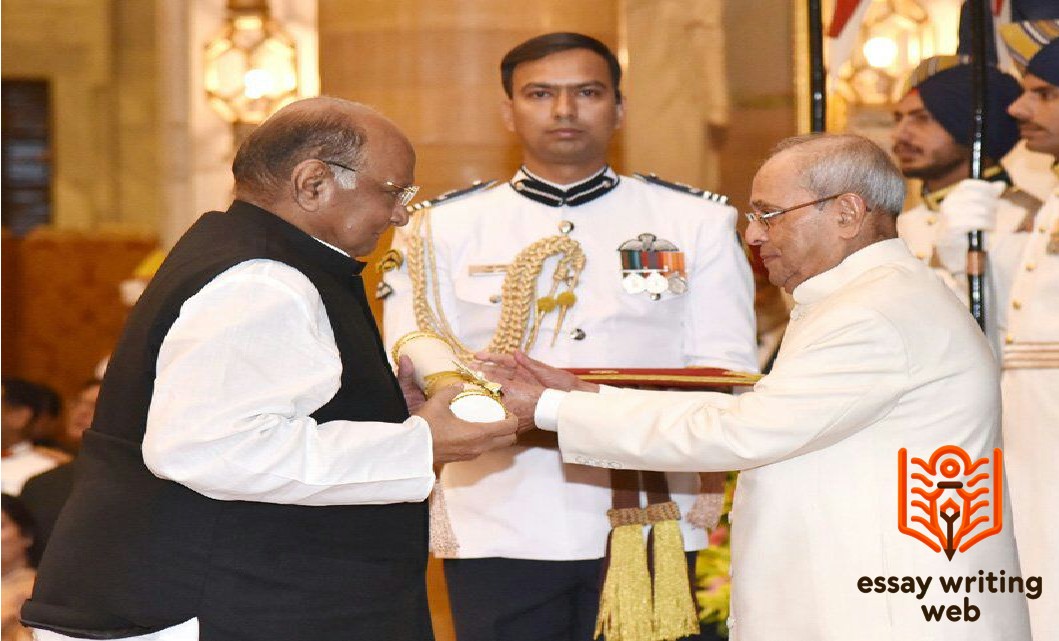
In addition to national recognition, Pawar has also been honored internationally. For his contributions to the cooperative movement and his leadership in agricultural reforms, Pawar received accolades from global bodies and institutions. His initiatives in promoting sustainable farming practices and his leadership in cooperative dairy and sugar industries have earned him respect in agricultural circles worldwide
Pawar’s leadership in Indian sports administration also earned him notable honors. He served as the President of the International Cricket Council (ICC) from 2010 to 2012 and as the Chairman of the Board of Control for Cricket in India (BCCI). His contributions to Indian cricket administration have been recognized through various sports awards and honors within the sporting community.
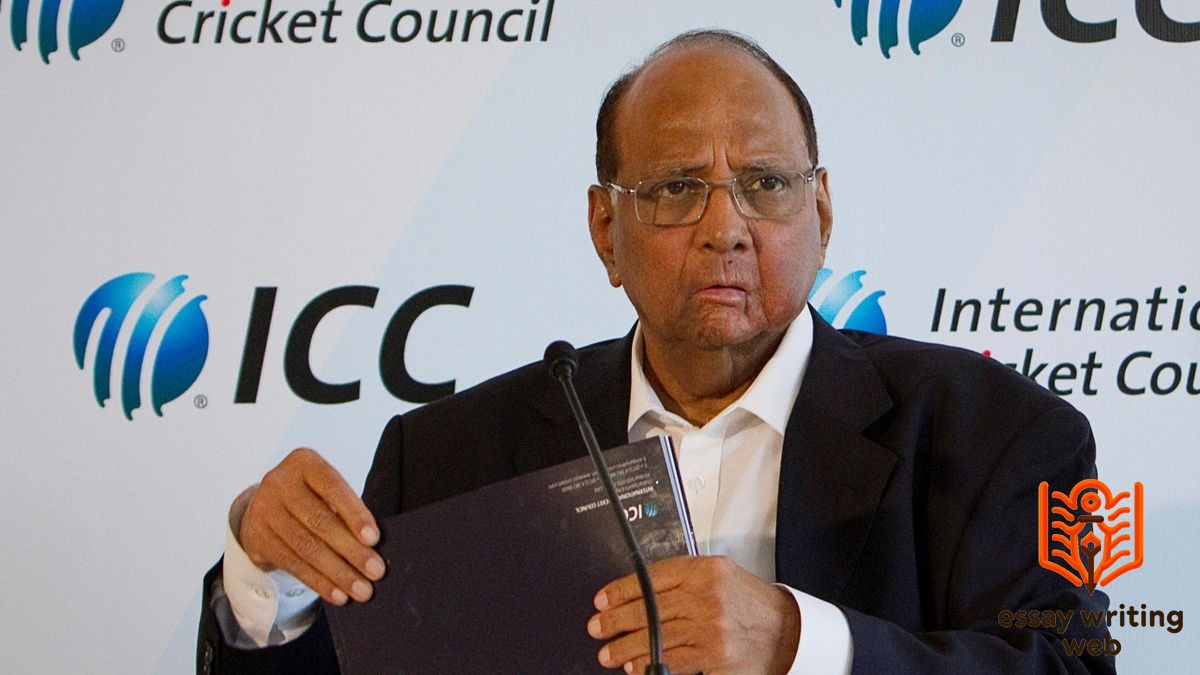
Sharad Pawar’s legacy, as reflected by the awards and honors he has received, is a testament to his wide-ranging influence on Indian politics, agriculture, sports, and cooperative movements. His contributions continue to inspire generations of leaders and policymakers across India.